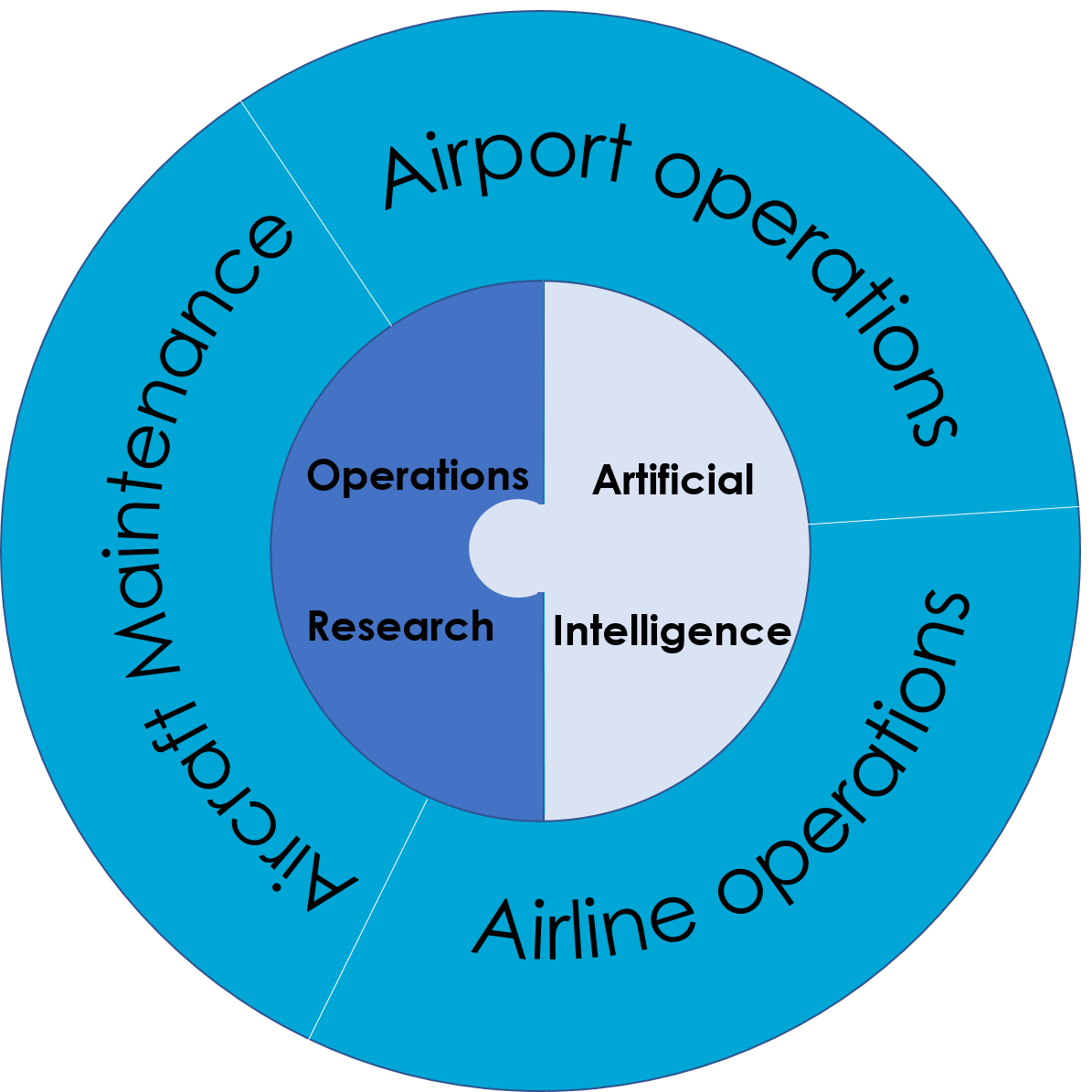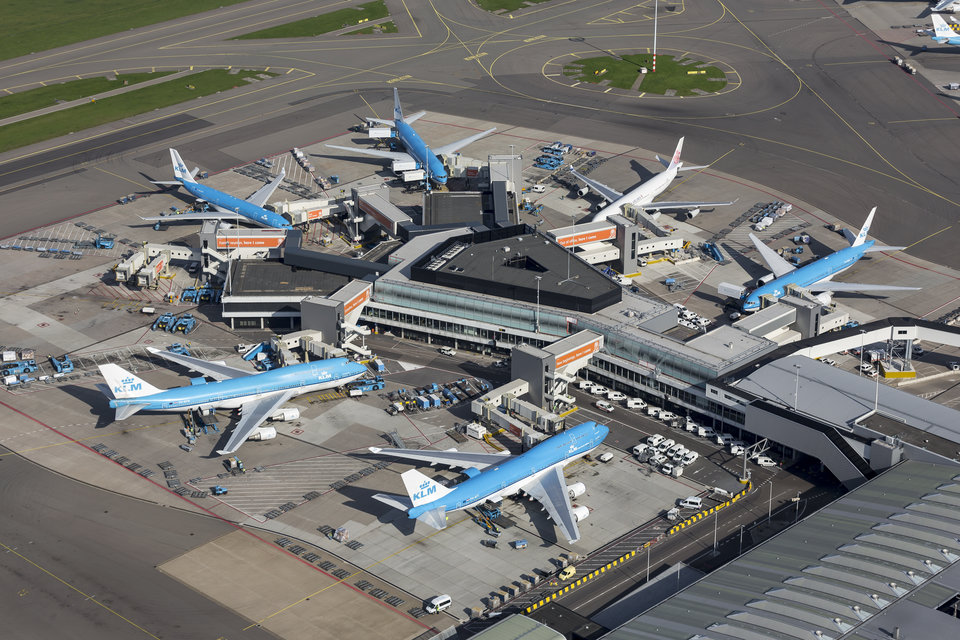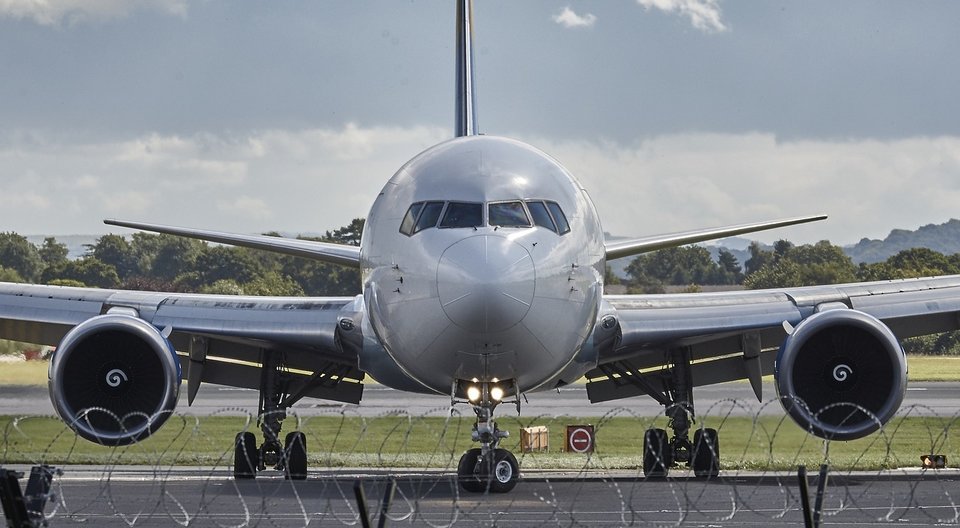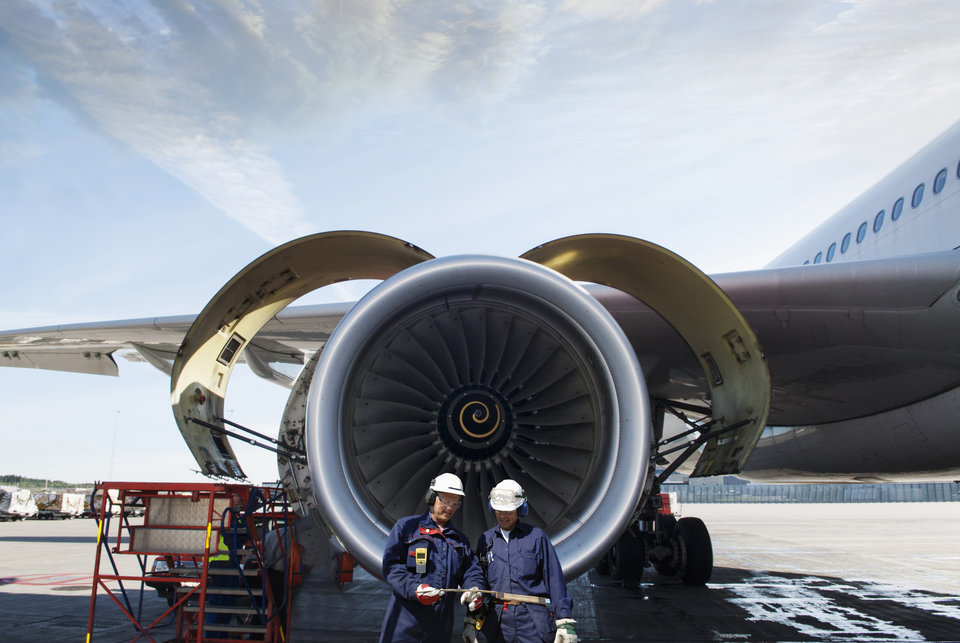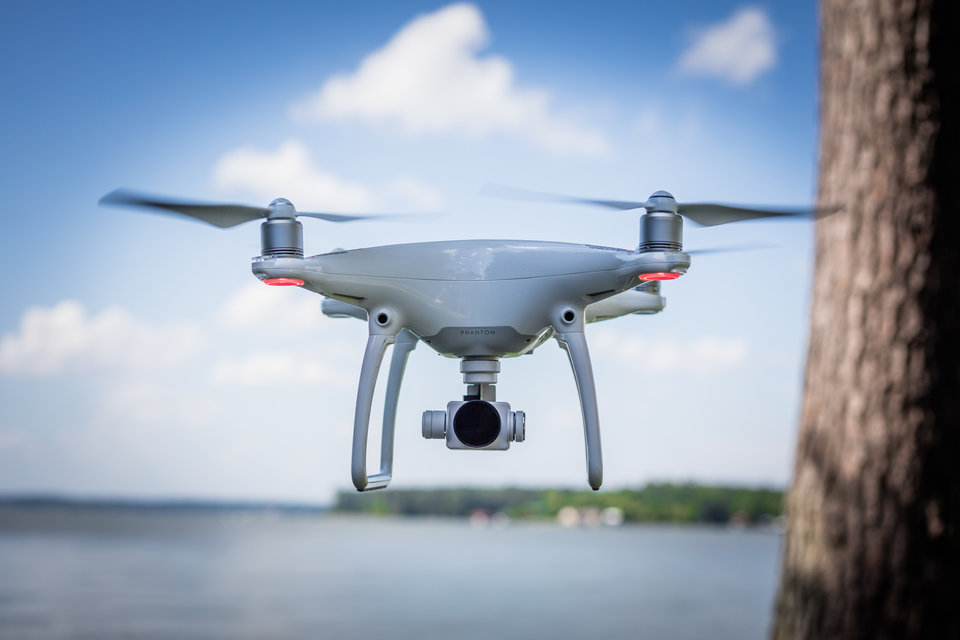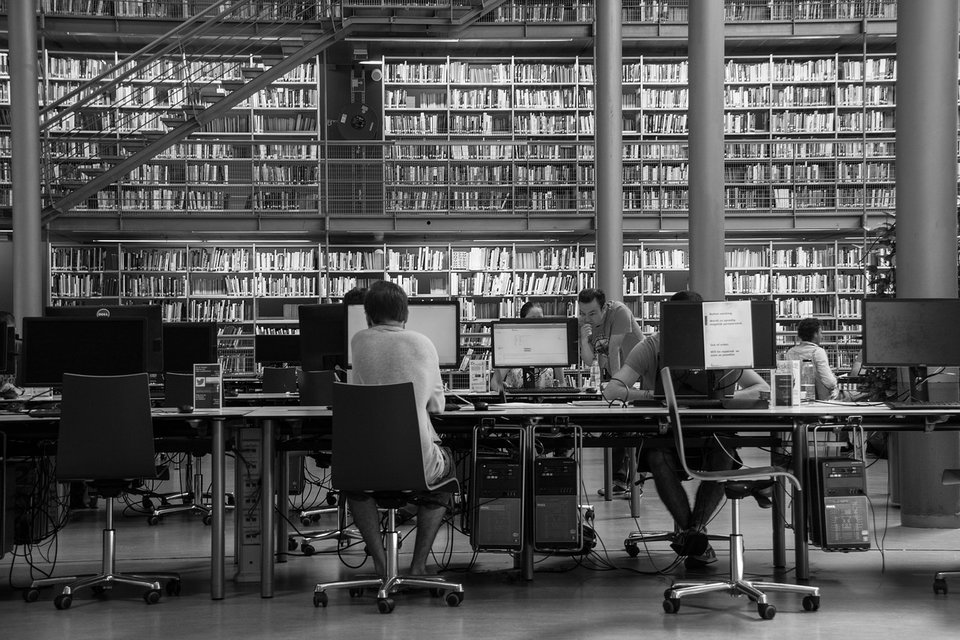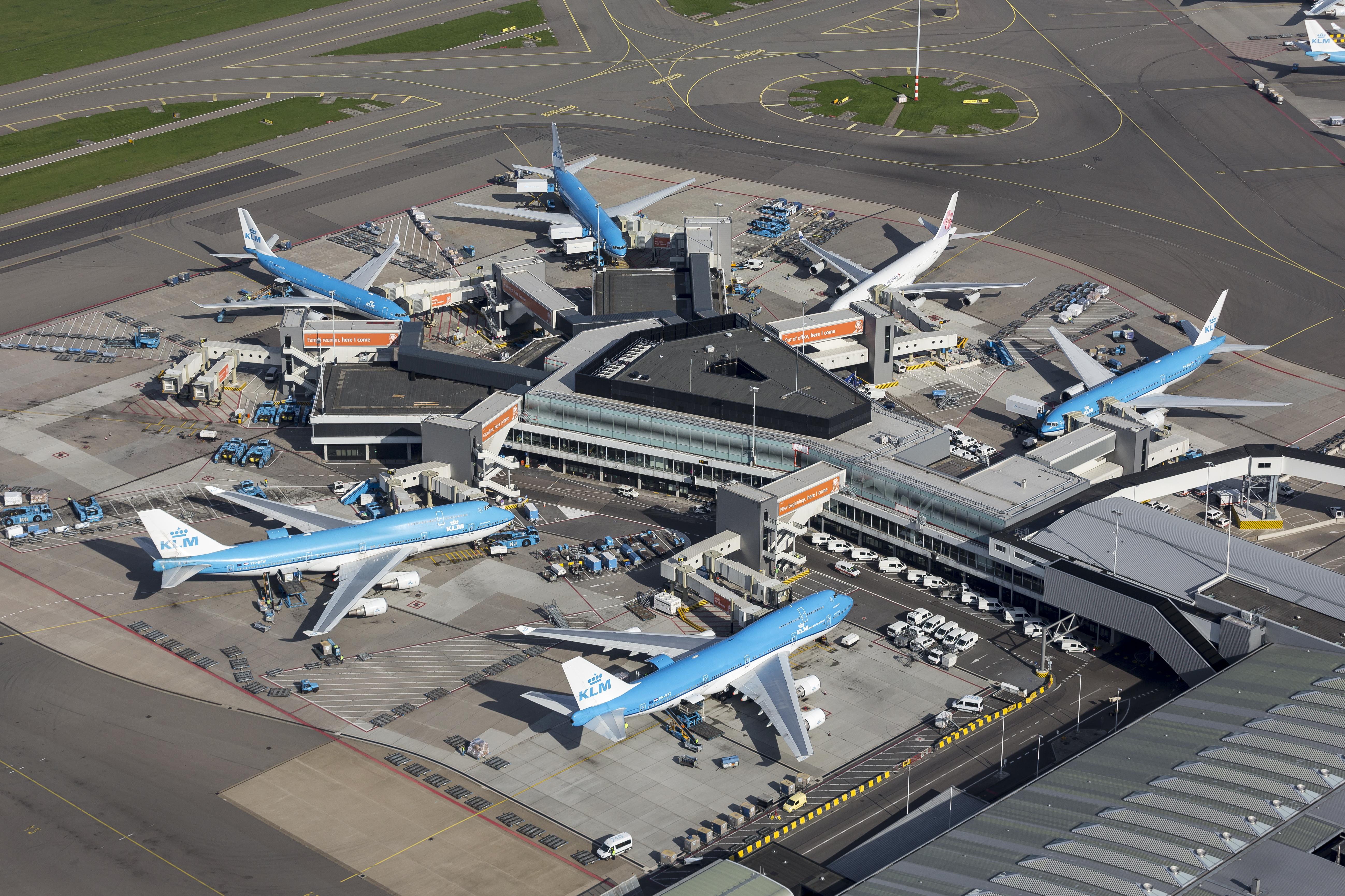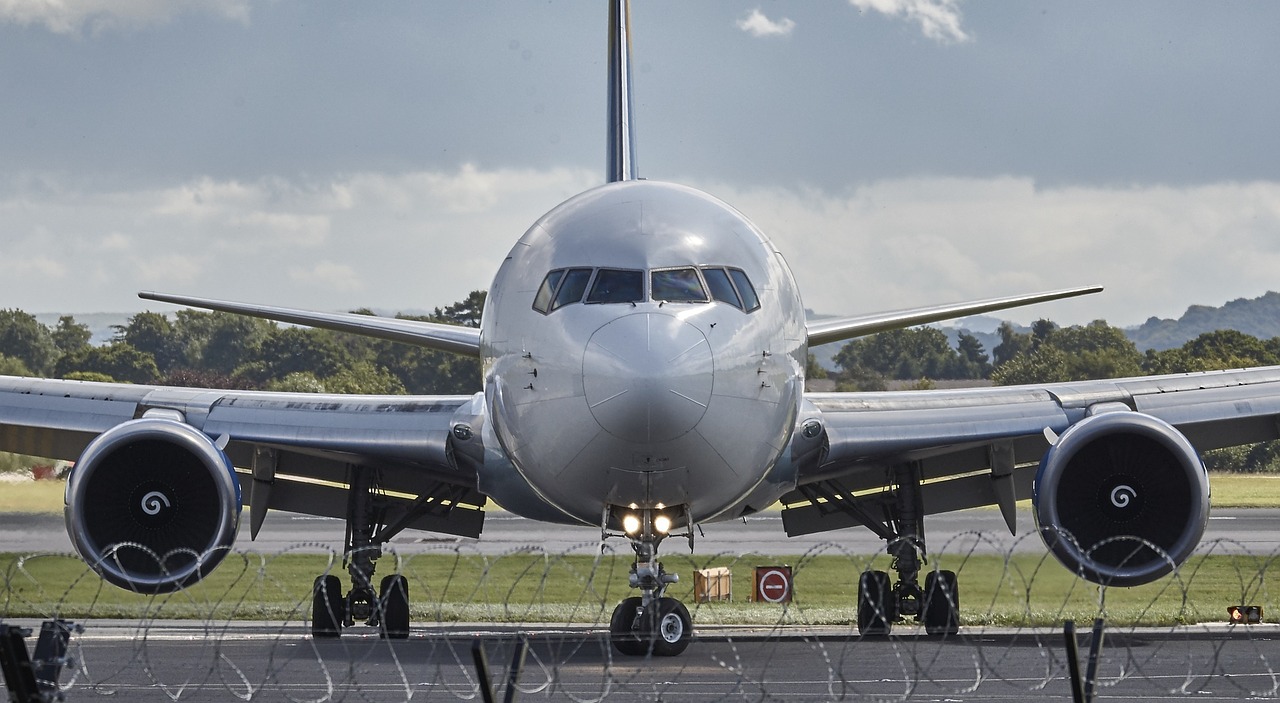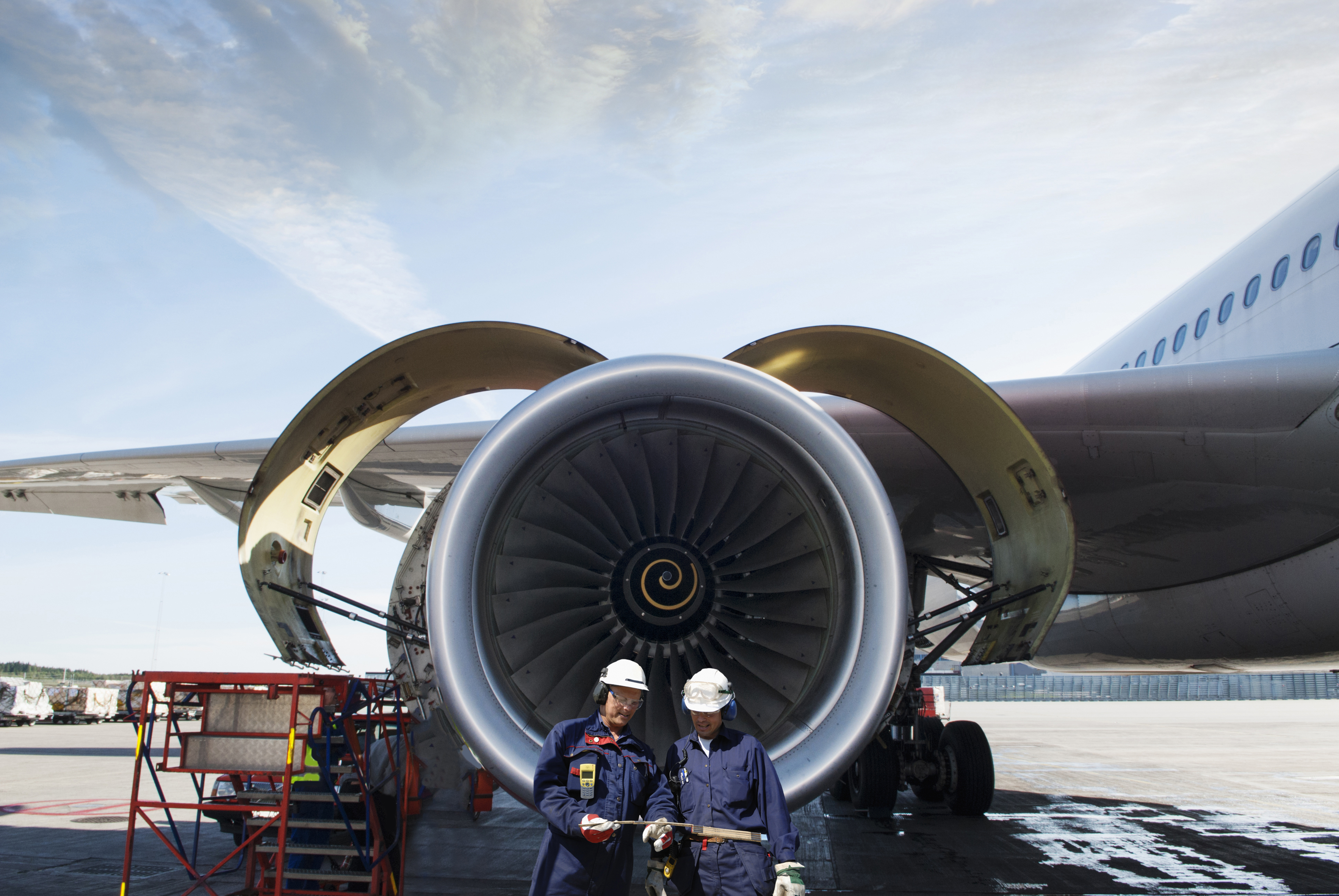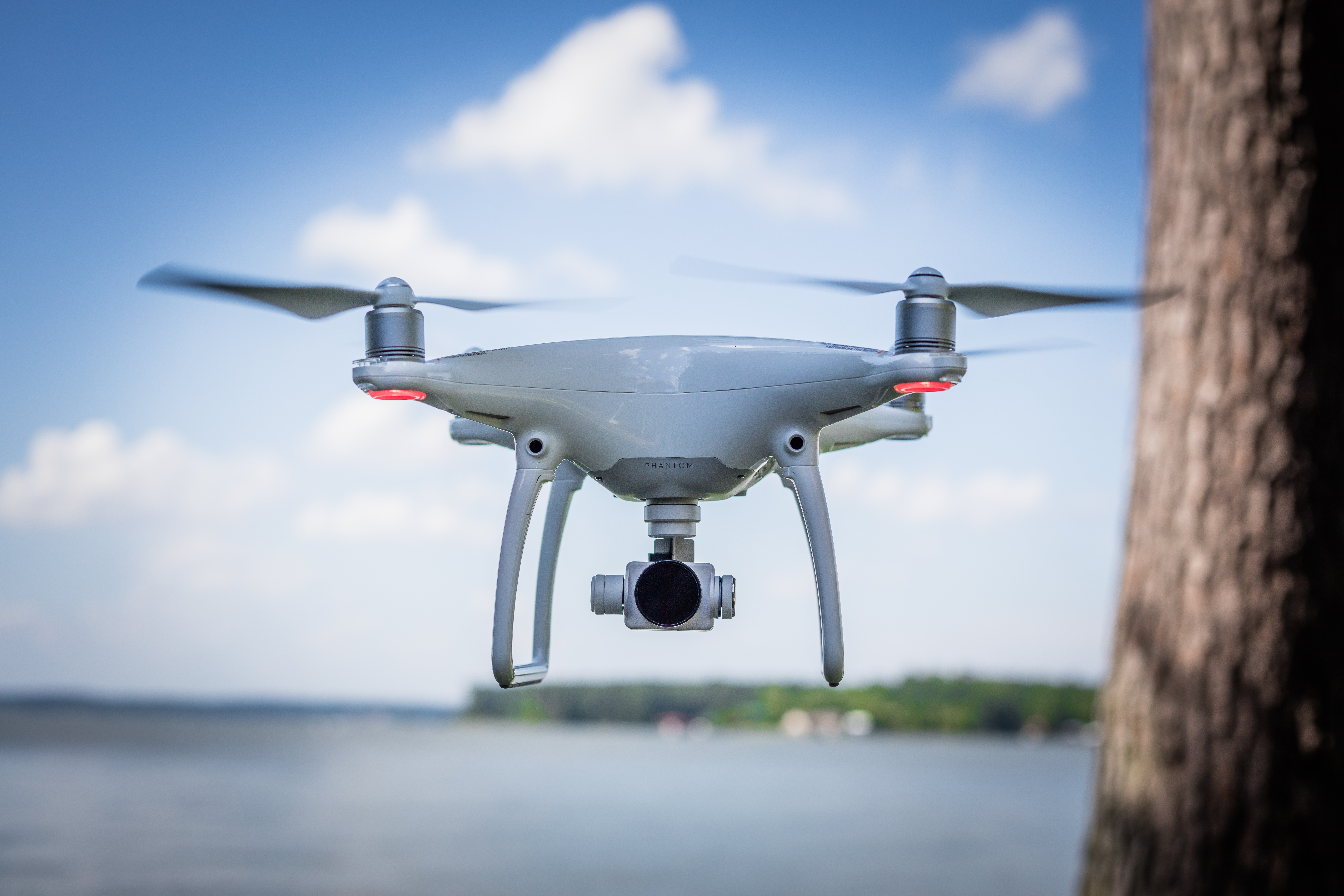Research
The ATO group aims to develop innovative methodologies and decision-making frameworks to analyse and optimise operations of the air transport sector to improve overall efficiency, capacity, safety, resilience and sustainability. It applies and further develops advanced operations research and artificial intelligence methods to formulate and solve models for the aviation sector. Airport operations, airline operations, aircraft maintenance, and innovative air mobility are specific focus areas.
Focus Areas
Publications
Airport Operations
The ATO group addresses several of the current and future airport operations challenges, including:
- Promote the efficient use of the limited airport capacity by, e.g., understanding and improving the turnaround process, gate assignment, airport surface movement operations, and airport terminal operations.
- Develop efficient solutions for collaborative decision-making, promoting a trustful and equitable decision process while facilitating the secure share of data among multiple stakeholders.
- Study and develop decision-support solutions to support the deployment of innovative and greener technologies and processes, such as electric taxiing.
- Exploit data provided by airports, air traffic control entities, and other relevant stakeholders to propose predictive solutions that can anticipate capacity shortages and operational disruptions.
The current research in this theme has been partially supported by EU funding (such as the H2020 project SafeClouds and the new SESAR project AEON) and national funding from the Topsectoren and EFRO programs. The TU Delft has research cooperation with the Rotterdam The Hague Airport, facilitating access to data and serving as a living lab for testing some of the solutions developed in ATO.
Airline Operations
The ATO group addresses several of the current and future airline operations challenges, including:
- Develop adaptive planning solutions to plan the long-term operations of airlines, including network development and fleet planning, while dealing with uncertainty.
- Develop learning approaches to schedule airline operations for both passengers and cargo while coping with uncertainty and limited resources.
- Address dynamic and complex operations control challenges by proposing fast and highly efficient AI solutions for disruption management.
- Study and model the use of greener operations solutions for commercial aviation, including innovative electric aircraft design solutions or improved operational concepts.
The work in this theme has been partially sponsored by research projects financed by airlines and aircraft manufacture partners or via H2020 projects like the ClimOP and the CHYLA projects.
Aircraft Maintenance
The ATO group addresses several of the current and future aircraft maintenance challenges, including:
- Develop digital solutions for smart aircraft maintenance operations, including the development of ML techniques to exploit the increasing availability of aircraft sensors data and predict and diagnose aircraft systems' health conditions.
- Develop optimisation and AI solutions to schedule aircraft maintenance operations that guarantee high fleet availability while dealing with disruptions and exploiting predictive maintenance benefits.
- Promote and develop condition-based maintenance solutions by studying the impact of such solutions on the efficiency of aircraft maintenance operations.
- Facilitate the adoption of condition-based maintenance solutions in practice by studying proposing modelling approaches that can contribute to the explainability of ML techniques and interpretation of the results produced.
ATO is a leading research group on the topic of condition-based maintenance and smart maintenance in general. It was highly involved in the Clean Sky 2 AIRMES project and is coordinating the H2020 ReMAP project, two of the largest research projects financed by the EC in the last five years on the topic of smart maintenance. The group also has a research collaboration with KLM Engineering & Maintenance, addressing relevant practical challenges and directly contributing to innovation and knowledge transfer.
Urban Air Mobility
The ATO group is studying the operational challenges of innovative air mobility solutions, including drones and air taxis. The group is considering the growing personal mobility needs by developing planning and operational models to study the use of electric unmanned aerial vehicles in support or complementary to current airline operations. As part of the work, the ATO group is developing models to support decisions regarding the fleet composition, the topology of an urban air mobility network for particular case studies, the dynamic scheduling of missions, the integration of such urban air mobility system in the existing urban system, and the assessment of the mobility, safety, and environmental impacts of such type of mobility solutions.
